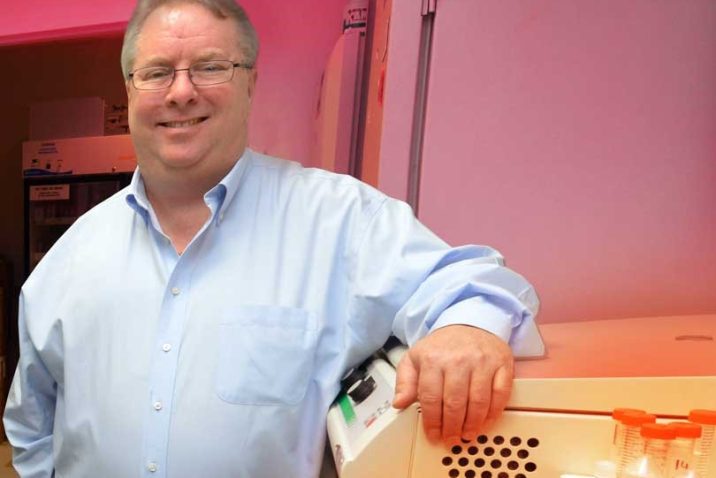The Center's research efforts focus on two main areas:
First, discovery and validation of biomarkers for disease prediction and diagnosis, secondly, pharmacomics and drug discovery for personalized medicine.
Established in the summer of 2002, the Center for Biotechnology and Genomic Medicine (CBGM) at the Medical College of Georgia (MCG) at Augusta University (AU) was developed to promote interdisciplinary and translational research in Biotechnology and Genomic Medicine with the ultimate goal of promoting predictive, preventive, personalized and participatory (4P) medicine.
The Center's research efforts focus on two main areas: 1) discovery and validation of biomarkers for disease prediction and diagnosis, 2) pharmacomics and drug discovery for personalized medicine. CBGM is home of four internationally renowned programs in diabetes research: The Environmental Determinants of Diabetes in the Young (TEDDY), the Prospective Assessment in Newborns of Diabetes Autoimmunity (PANDA), the Diabetic Complications Consortium (DiaComp) and the Mouse Metabolic Phenotype Consortium (MMPC). Additional research programs include autoimmune diseases, transplantation, and cancer. These research programs are supported by an annual extramural funding of approximately $12 million.
The center houses several state-of-the-art high throughput and high content facilities for genetics, genomics, proteomics, drug screening and bioinformatics. The center continues to recruit independent investigators with expertise in diverse disciplines such as genomics, proteomics, immunology, medicinal chemistry, drug development, biostatistics and computational biology. This multidisciplinary approach provides an avenue for investigators to interact and stimulate novel ideas.
Center for Biotechnology & Genomic Medicine
Health Sciences Campus
Interdisciplinary Research Center
Sarah Gross
Office Specialist : 706-721-3410
Debbie Ellison
Dept. Admin. : 706-721-3433
1462 Laney Walker Blvd. Augusta, GA 30912
8 a.m. - 5 p.m.
DIRECTIONS:
Most risk calculators for diabetic microvascular complications are limited to research labs because of how complicated the statistical analysis is. This calculator was developed to fill the gap and allow individuals to estimate their own specific risk.
Please click on the image of the calculator to be taken to the website.
THE INFORMATION PROVIDED BY THIS TOOL IS NOT MEDICAL ADVICE AND CANNOT BE USED TO DIAGNOSE OR TREAT ANY MEDICAL CONDITION. We do not retain any information that you provide in connection with your use of the tool.

